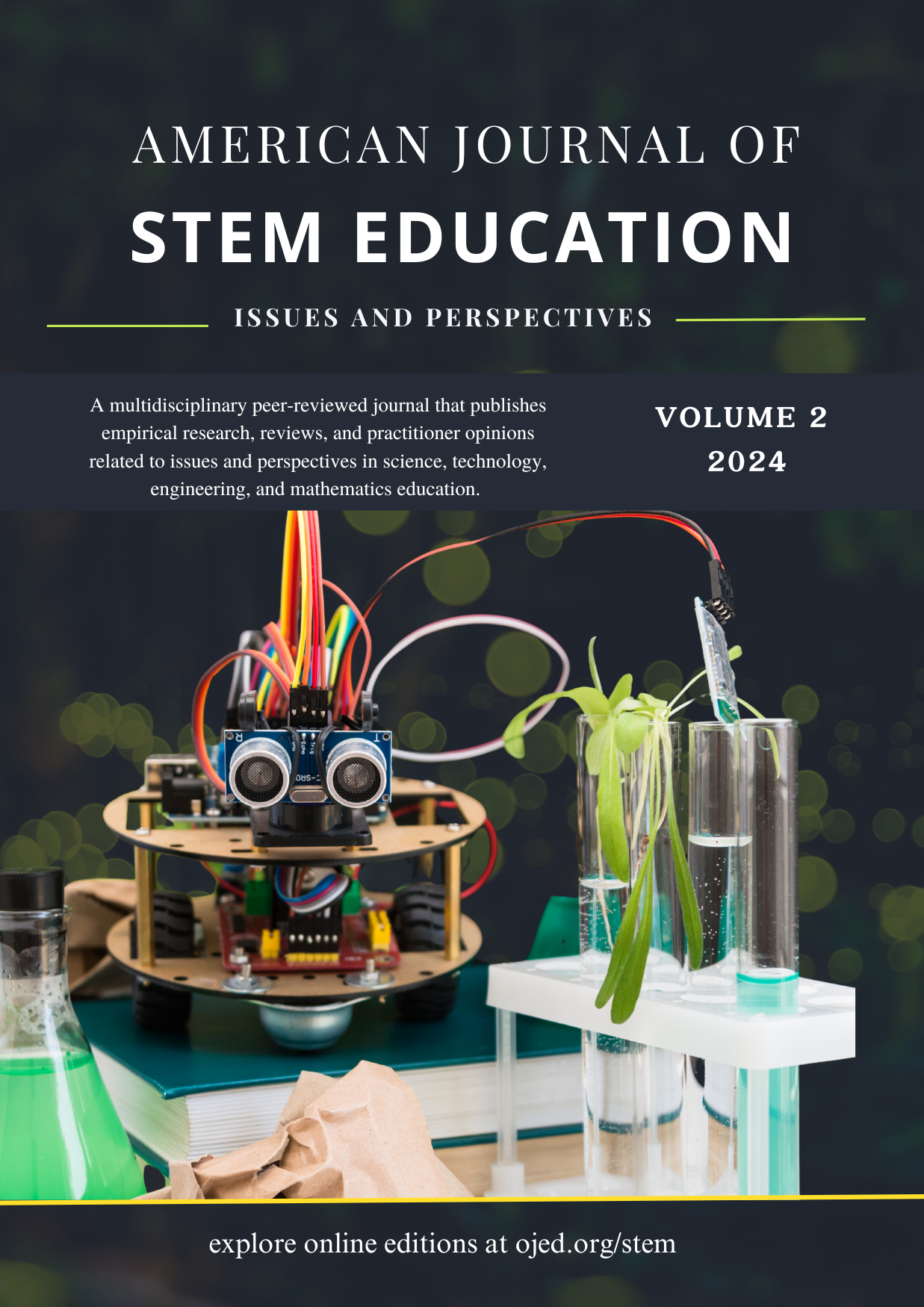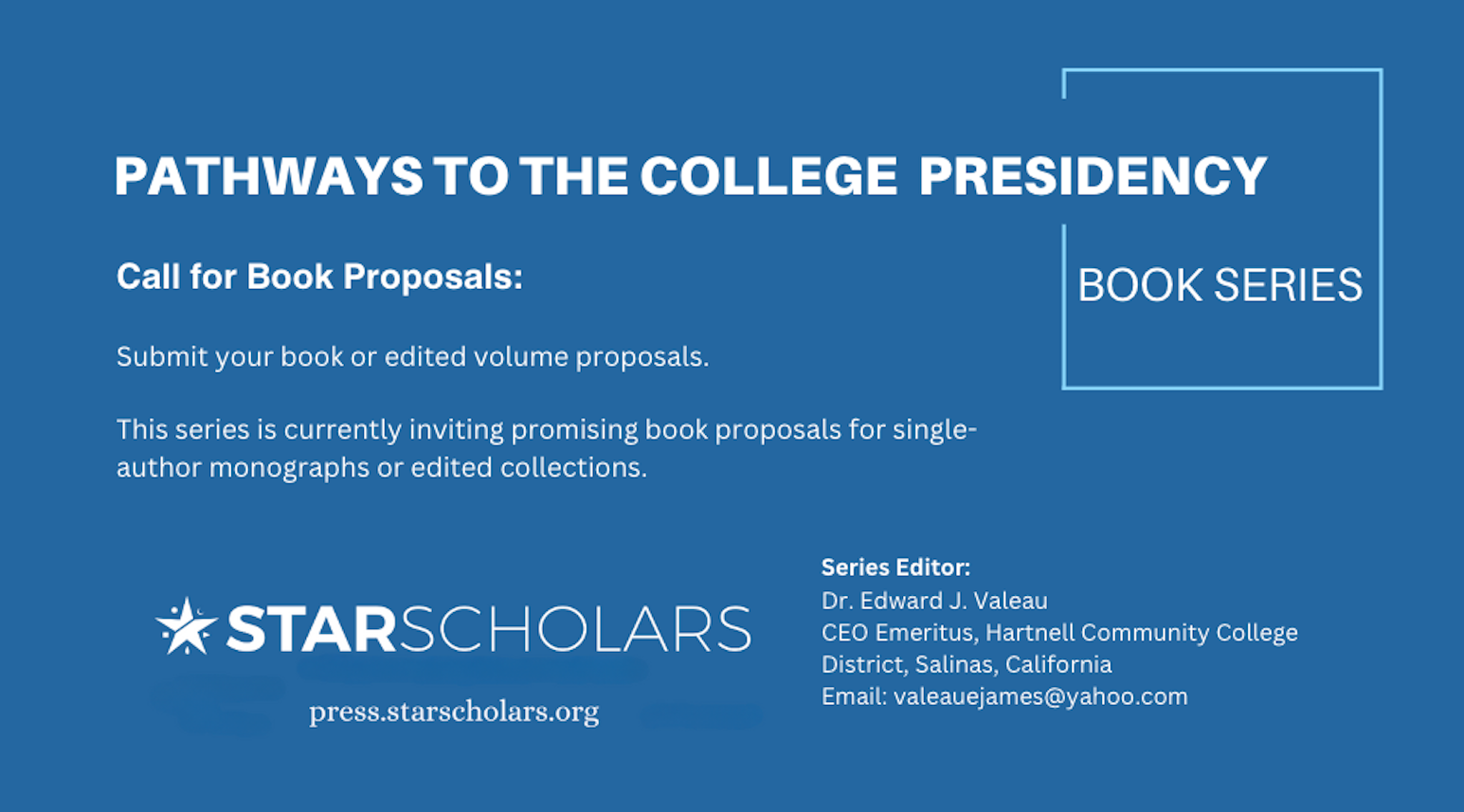Rethinking fairness in classroom assessment
The influence of cultural dimensions
DOI:
https://doi.org/10.32674/05x1ae22Keywords:
perception of fairness, cross-cultural differences, cultural values, classroom assessmentsAbstract
In this article, we review the literature on the various conceptions of fairness in assessments in classroom contexts. Using a theoretical literature review approach, we explore different frameworks for conceptualizing perceived fairness in CA contexts. A significant gap is identified in these frameworks: they often overlook the influence of cultural values on perceptions of fairness. Based on this identified gap, the article raised a novel perspective integrating cultural dimensions into understanding perceived CA fairness, proposing that these values shape students' perceptions of fairness in CA contexts. The article argues that cross-cultural differences may be considered to develop a more inclusive approach to fairness in educational assessments. This review underscores the importance of further research on perceived fairness in diverse educational settings and highlights its potential impact on improving assessment practices.

 Call for Special Issue Proposals
Call for Special Issue Proposals 


